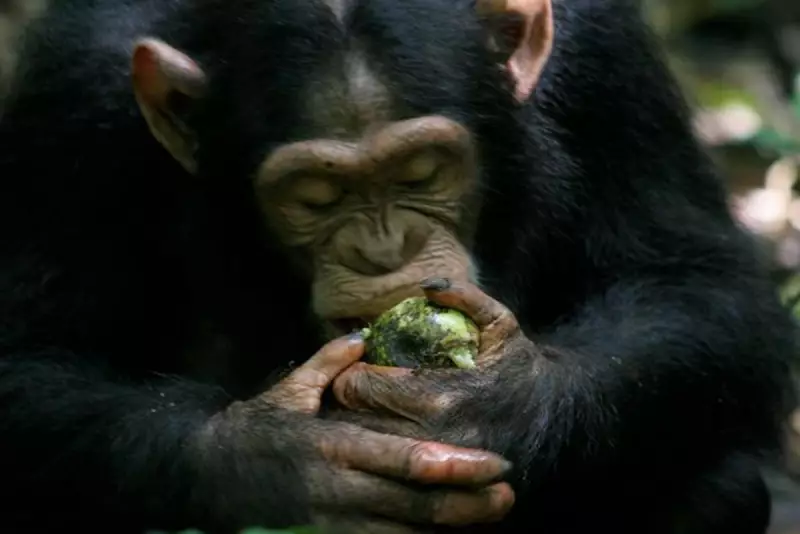
Humans possess a unique ability among primates to metabolise alcohol efficiently, and scientists now believe this trait may have evolved from our ancestors' penchant for fermented fruit.
The Scrumping Hypothesis
Researchers propose that early hominids developed alcohol-digesting enzymes as an evolutionary advantage when scavenging for fallen, fermented fruit - a behaviour colloquially known as 'scrumping'. This theory explains why modern humans can process alcohol while most primates cannot.
Key Findings:
- Humans produce significantly more alcohol dehydrogenase (ADH4) enzymes than other primates
- This adaptation likely emerged 10 million years ago when our ancestors began terrestrial foraging
- Fermented fruit provided an important fallback food source during scarce periods
The study suggests that this evolutionary development not only allowed our ancestors to exploit a new food resource but may have inadvertently paved the way for modern human alcohol consumption.
Implications for Human Health
While this adaptation served our ancestors well, modern alcohol consumption patterns present new challenges. Understanding our evolutionary relationship with alcohol could inform contemporary approaches to alcohol-related health issues.





